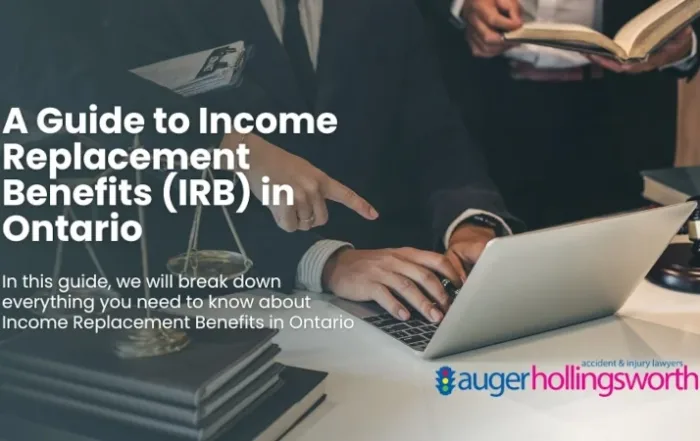Ottawa Injury Lawyer: What is Traumatic Brain Injury?
Traumatic brain injury (TBI) is a serious injury caused by an external force severely damaging the brain. It can often lead to serious disabilities or even death. Because TBI affects the brain, it is completely different than injuring another organ or limb. Our brains are connected to all aspects of our being, including cognitive functions and our personalities. Thus, TBI is not just a matter of physical injury, but can also have severe mental implications, making the recovery process much more complicated and uncertain.
Causes
TBI is typically caused by a severe blow to the head. Common causes of TBI include:
- Car accidents and other transportation accidents, including bicycles and motorcycles
- Sports and recreation-related accidents
- Slips and falls, particularly among children
- Work-related accidents
Signs & Symptoms
Because TBI is such a complicated injury, its symptoms can be varied and widespread. However, some of the most common symptoms of TBI include:
- unconsciousness
- convulsions
- headache
- vomiting or nausea
- dizziness or lightheadedness
- lack of balance or coordination
- blurred vision
- fatigue or lethargy
- slurred speech or difficulty speaking
- weak or numb limbs
There are also non-physical symptoms that may occur, including:
- changes in mood or behaviour
- confusion
- trouble concentrating or remembering
- difficulty focusing, paying attention, or thinking
Diagnosis
TBI is typically diagnosed by a doctor through a physical or neurological examination of the patient, often including verbal or cognitive tests to determine the mental implications of the injury. Doctors may also order an MRI or a CT scan to determine the extent of the injury.
The Glasgow Coma Scale is a system that evaluates a person's conscious state and level of consciousness following a head injury. It can help determine the severity of a brain injury and help doctors prescribe the proper course of treatment. The Glasgow Coma Scale evaluates a patient's visual, verbal, and motor response to different stimuli and assigns a score based on each response. This score helps doctors identify the severity of the patient's brain injury and make an accurate prognosis.
Treatment & Recovery
Recovering from TBI can be a long and difficult process. It is crucial to begin treatment as soon as possible in order to minimize the damage to the brain. Treatment itself depends on the severity of the injury and the state of the patient.
Treatment options may include:
- Antibiotics to prevent infection
- Surgery to reduce swelling of the brain or remove broken skull fragments
- Rehabilitation to help patients regain brain function, including speech and mobility
If you or someone you know has suffered from TBI as a result of an accident, it is important to consult a good personal injury lawyer. To speak with an Ottawa personal injury lawyer at Auger Hollingsworth, please call us at +1 (613) 233-4529, email us at [email protected], or use our contact form.















